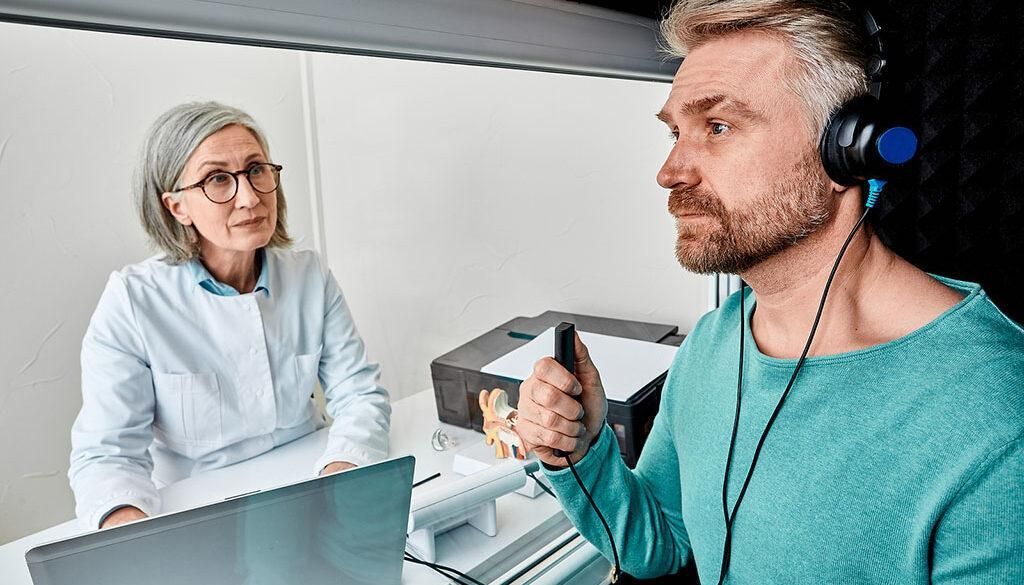Audiology Care for Musicians
Musicians are among the top groups of people most at risk for noise-induced hearing loss. A musician's livelihood depends on the quality of their ear and the ability to listen and hear the correct key and pitch of their music. Without proper hearing protection, the loudness musicians experience while performing may permanently damage their ability to work.
Hearing Damage Factors
● Degree of amplification
● Duration of the sound
● The position of the stage
● Type of instruments used
Musicians are at risk of experiencing a ringing-in-the ears sensation commonly known as tinnitus. Musicians can experience tinnitus without hearing loss, but it's typically brought on by volume level. A musician may notice symptoms of temporary hearing damage after exposure to loud music, such as muffled or distorted hearing for voices and tinnitus.
Hearing Protection Methods
The good news is that there are ways to prevent hearing damage without hanging up your instrument. There are custom and non-custom products available to protect musicians from hearing loss. Using hearing protection helps in combatting hearing loss and preventing tinnitus. Audiology care for musicians includes:
● Molded earplugs
● In-ear noise monitors
● Periodic hearing assessments
● Hyperacusis and tinnitus therapy
● Electronic hearing devices designed for musicians
Part of a musician's instrument is the ear, and there's no better way to protect them than with customised plugs molded specifically to fit the ear without compromising the ability to perform. These are available in various materials, including wax, foam, and silicone.
In-ear monitors are high-tech devices that musicians use to deliver sound to the ears while creating a background noise barrier. These are essential for musicians playing in large companies like an orchestra.
Electronic earplugs are programmed to adjust different sounds and pitches depending on the environment. The earplugs only permit the musician to hear important sounds and filter out damaging noise levels, similar to a hearing aid.
Beneficiaries of Audiology Care
Audiology care isn't only for the actual musicians but for anyone experiencing high levels of music in general. These people can be:
● Music teachers and conductors
● Entertainment industry staff
● Concert or festivals attendees
● Students in the school orchestra or band
Musicians should protect the health of their ears by having hearing tests and wax removal regularly. Hearing tests are essential to record how your ears are coping with the noisy environment over time. Maintaining the health of musicians' ears is essential to having a comfortable and enjoyable experience.
Having hearing difficulties? Contact us today



